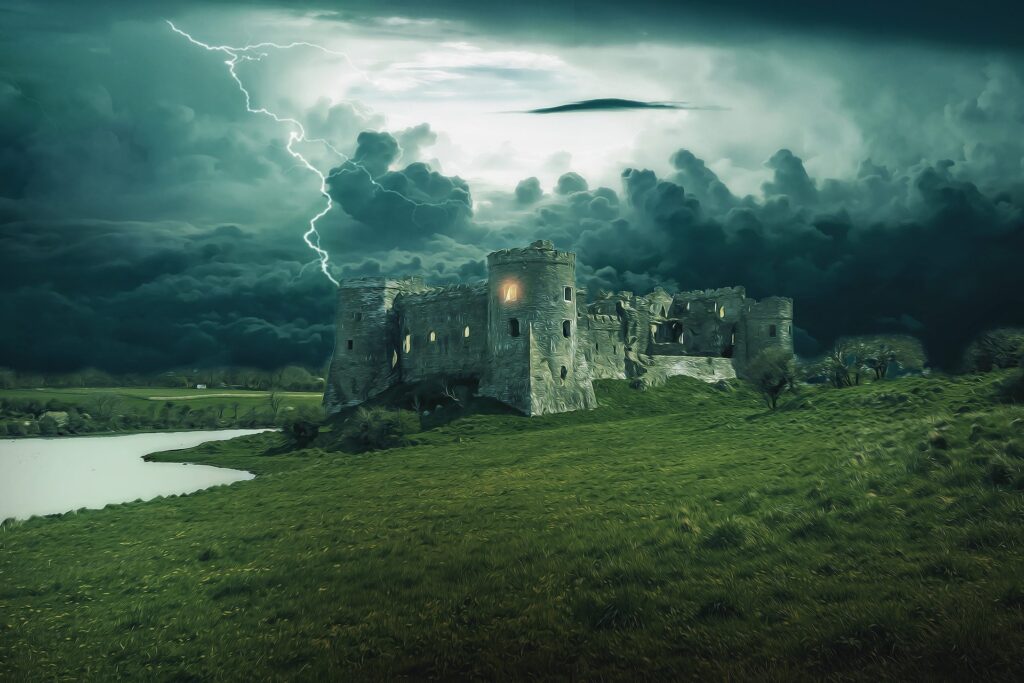Why does Melkor crave the Flame Imperishable?
Before aught else was made, Iluvatar sent the Secret Fire to burn at the heart of the world, and the vision of the world came alive (Ea).
The Secret Fire gave Being to the vision of the Ainur, and Iluvatar set this Being amid the Void – as light shining in the darkness.
Melkor is ever seeking after the Secret Fire (Flame Imperishable) but cannot find it because it is with Iluvatar.
But why is he seeking Light if he is so bent on perpetuating Darkness?
It is said:
He had gone often alone into the void places seeking the Imperishable Flame; for desire grew hot within him to bring into Being things of his own, and it seemed to him that Ilúvatar took no thought for the Void, and he was impatient of its emptiness. Yet he found not the Fire, for it is with Ilúvatar.
The reason he craved the Secret Fire is that he wanted to bring into Being things of his own imagining but could not.
When you stray from the Music – the thought of Iluvatar – you cannot sub-create.
You can only mutilate what’s already been created.
Sub-creation is the province of those who are in tune with The Tune.
Melkor deems himself God and wants to create Being.
But, having become the prisoner of the “imagining of his own mind,” he cannot create – he can only distort what’s already there.
His desire to create Being burns hot in him, but all he sees around him is Void.
The emptiness of the Void makes him impatient.
Every heartless villain can feel their own emptiness. They are keenly aware that all their attempts at creating Being end up creating more emptiness.
They grow “impatient of this emptiness” – it burns them from inside – and they want to assuage it with Light.
Wherever they go, they look for the Light but cannot find it because it is with Iluvatar.
Like Ungoliant, Melkor craves and hates Light at the same time.
Thence she had crept towards the light of the Blessed Realm; for she hungered for light and hated it.
And:
The Eldar knew not whence she came; but some have said that in ages long before she descended from the darkness that lies about Arda, when Melkor first looked down in envy upon the Kingdom of Manwë…
Continue reading “Why Does Melkor Crave the Flame Imperishable but Cannot Find It?”







